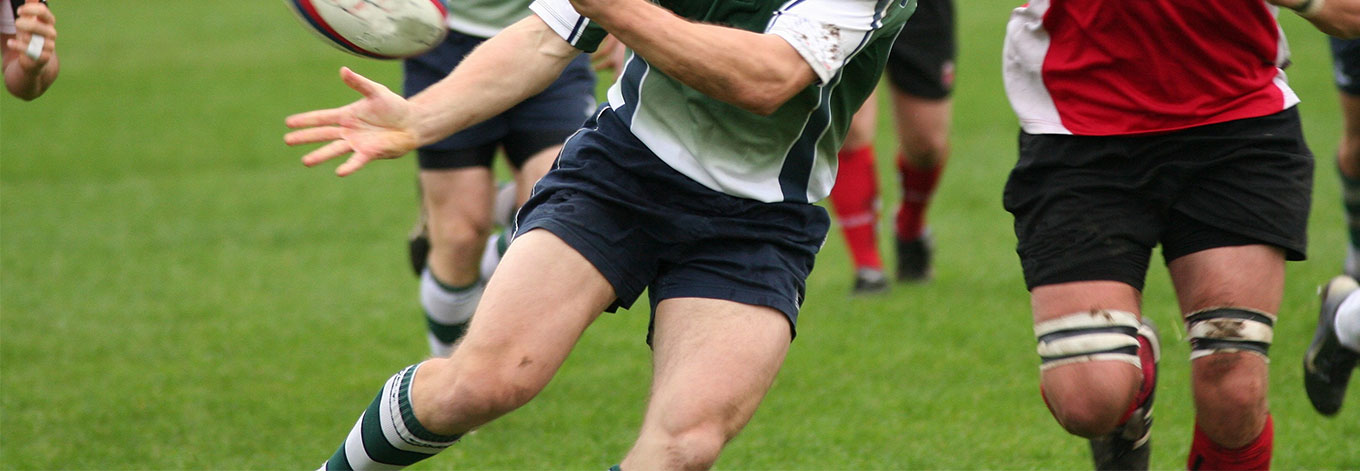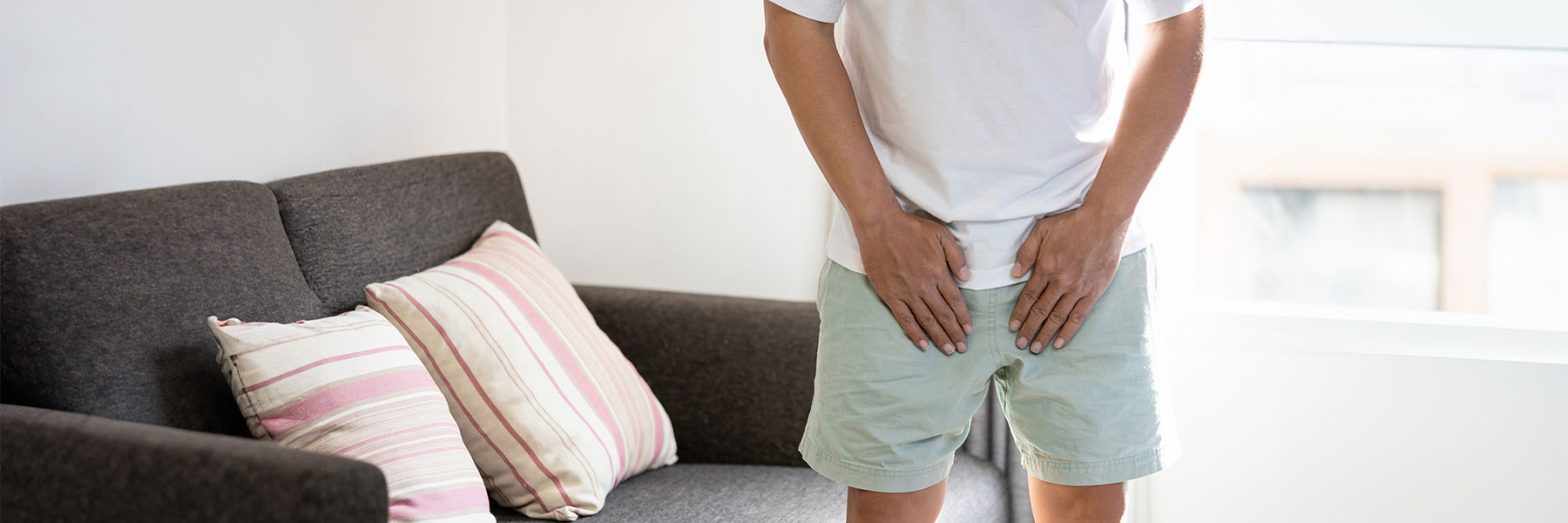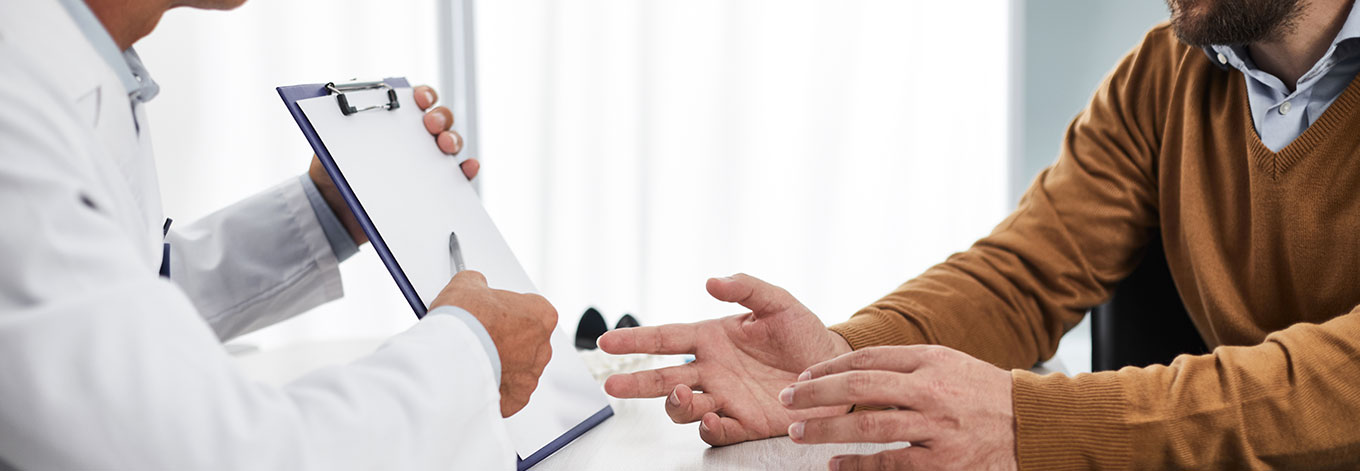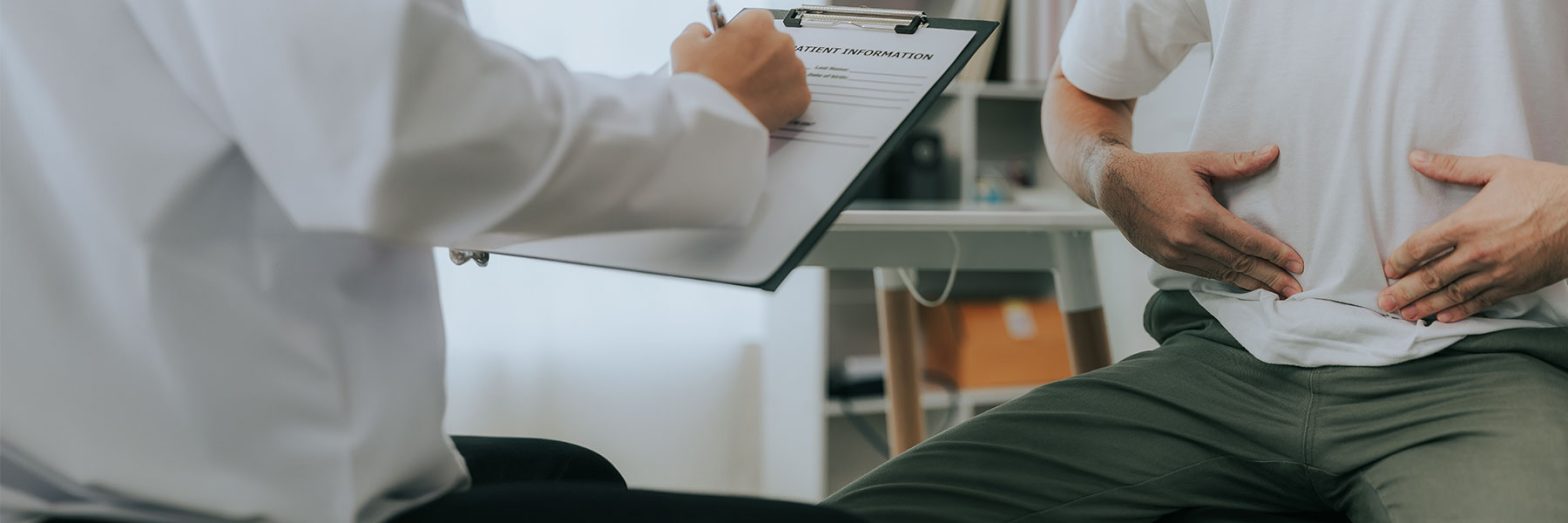
How to treat a sports hernia
What is a sports hernia?
A sports hernia, despite its name, is not actually a hernia. There is no bulge or protrusion through the muscle wall. A sports hernia is actually a soft tissue injury that usually involves straining or tearing of the tendons, ligaments or muscles within the lower abdomen or groin area.
You may hear sports hernia being referred to as ‘athletic pubalgia’ which is the condition’s true name. Sport’s hernia most likely came about as the injury is common with athletes such as football players, wrestlers, tennis players and rugby players.
What causes a sports hernia?
A sports hernia occurs when the deep layers of the abdominal wall, or the tendons that attach muscles to the pelvic become weak and tear. Activities that involve repeated hip movements such as jumping, kicking and twisting often contribute to a sports hernia, as well as:
- Overall weakness in the abdominal muscles
- Lack of training or sports conditioning
- Imbalance of strength between hips and abdominal muscles
- Vigorous hip and abdominal exercises
Sports hernias are more common in people who play sports such as football and rugby that involve frequent and forceful twisting and turning.
How do I know if I have a sports hernia?
The most common symptom of a sports hernia is pain in the groin or lower abdomen.
Sports hernias are often hard to diagnose. There are a lot of other conditions or injuries that can cause groin pain such as osteoarthrosis and stress fractures. Pain felt in the groin can also be referred pain from injury elsewhere such as the legs.
Other symptoms that apply specifically more to sports hernias include:
- On-going pain in the groin region which may spread to testicles or inner thighs.
- Pain when coughing or sneezing.
- Pain when twisting or turning.
- Pain that increases when performing sporting activities.
- Pain may subside when resting but will return when performing sporting activities
You may find yourself having to go through a series of tests and assessments to accurately diagnose a sports hernia. A typical sports hernia assessment includes testing your ability to perform a sit-up without increased pain.
Sports hernias are more common in males but they can also affect women, although it often gets misdiagnosed as endometriosis, cysts or fibroid tumours. Only 8% of all sports hernia diagnoses occur in women which means it is often not considered when women visit their GP with groin pain.
How to treat a sports hernia?
Sports hernias are relatively easy to treat and usually just require you to rest for 7-10 days following the initial injury. You may also take anti-inflammatory medications such as ibuprofen.
After a couple of weeks, you will be advised to start physical therapy by performing a series of exercises to help build on the strength and flexibility in your abdominal and thigh muscles.
If the pain is still severe then you may be recommended to try steroid injections.
If it has been more than 6 months since the injury and you are still experiencing pain from a sports hernia, then surgical treatment may be required.
At The Private Clinic, we offer surgical treatment for sports hernias with Consultant Vascular Surgeon, Mr Tahir Hussain who specialises in sports hernia treatment.
Sports hernia surgery involves repairing the damaged tissues within the groin. In some instances, an ilioinguinal neurectomy can be performed which is where the inguinal nerve within the groin is cut to help relieve pain in the area.
Why Choose The Private Clinic for Sports Hernia Treatment
- Our consultant has a wide experience in performing all types of hernia repair surgery including sports hernia.
- With over 40 years of expert care, we pride ourselves on putting patients first and delivering exceptional service.
- Fast access to quality sports hernia care.
- Treatment is carried out in our state-of-the-art London Fitzroy hospital.
- Consistent care with as many consultations and follow-ups as you require from our compassionate team, led by an experienced Consultant.
- 24-hour patient helpline direct to your nursing team and surgeon, which means should you have any concerns we are here to help.
- Our excellent reputation for patient safety and satisfaction, honest advice and outstanding care means your journey with The Private Clinic will be an exciting experience to a newfound confidence.
To find out more about Sports Hernia treatment or to book a consultation, please call 0333 920 2471 or use our online contact form.








